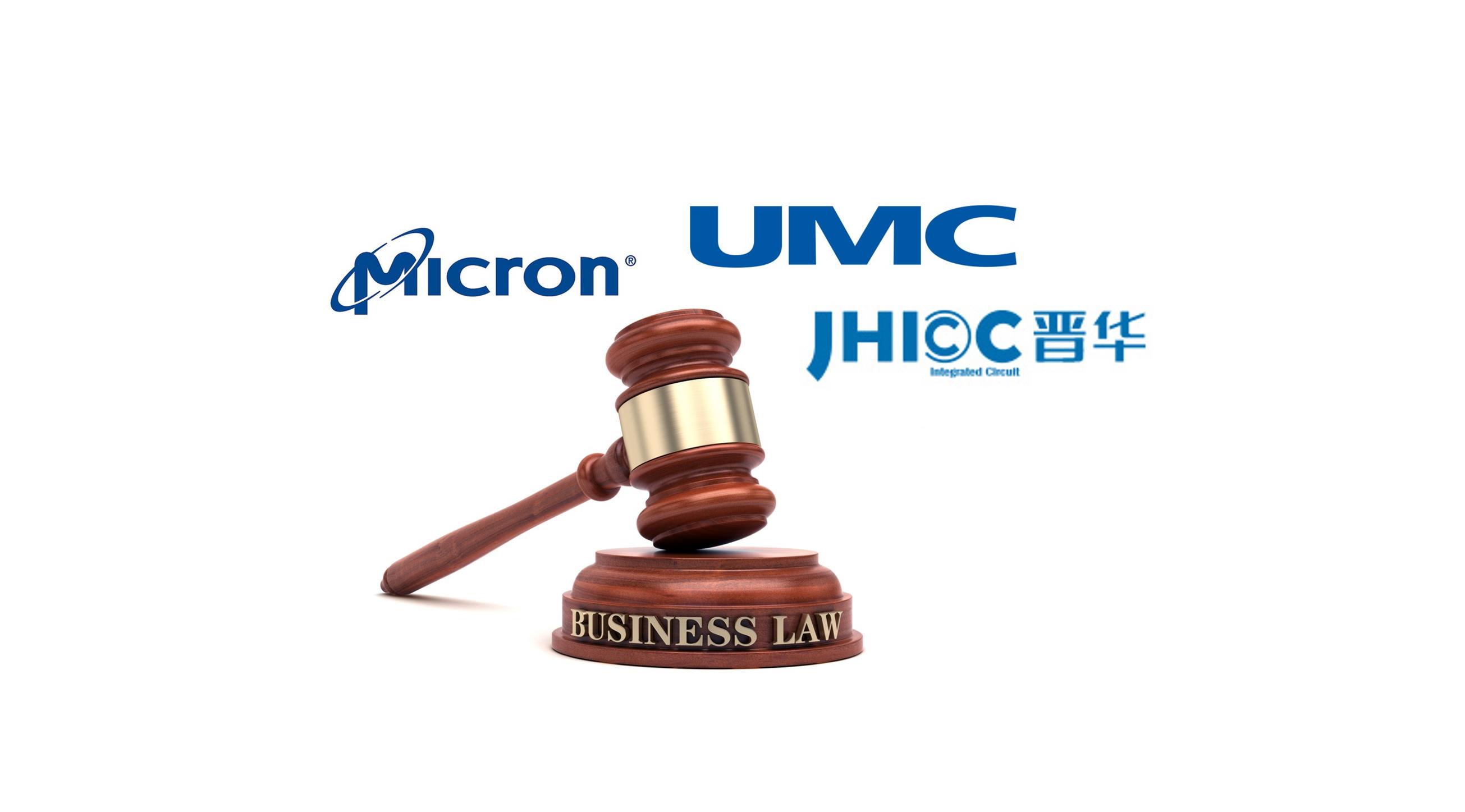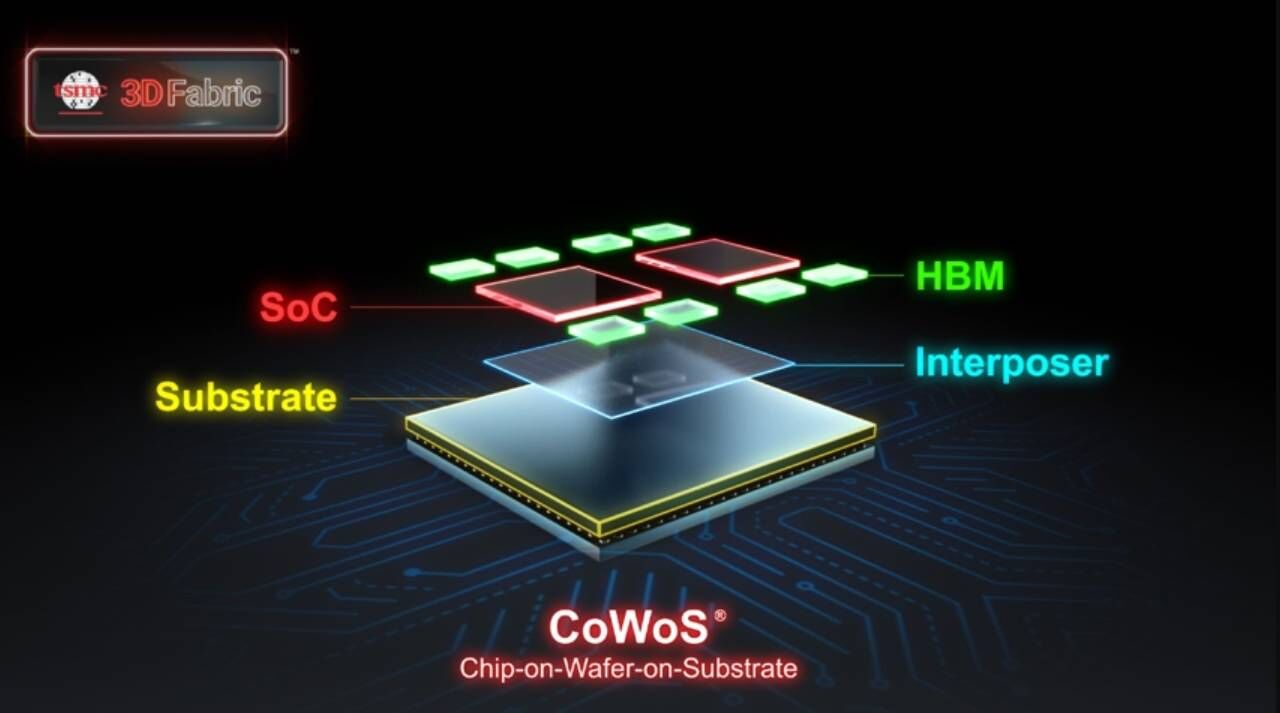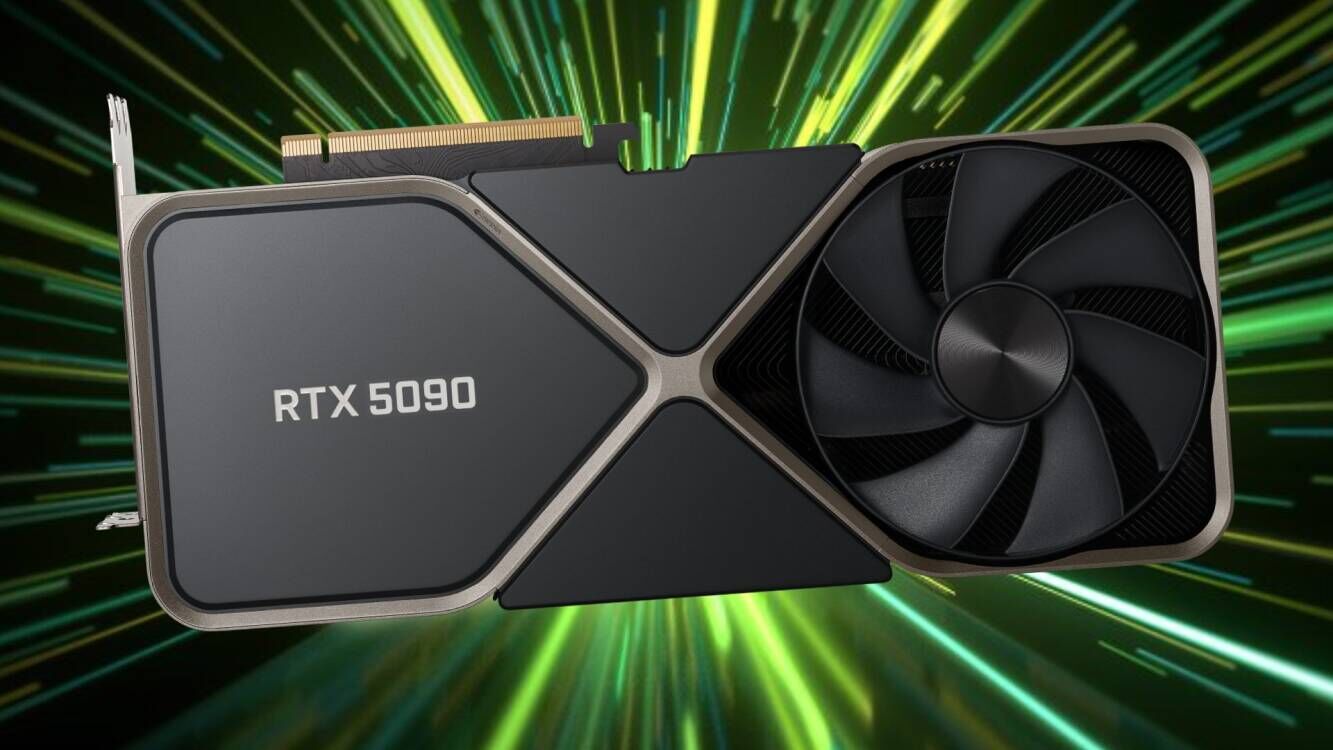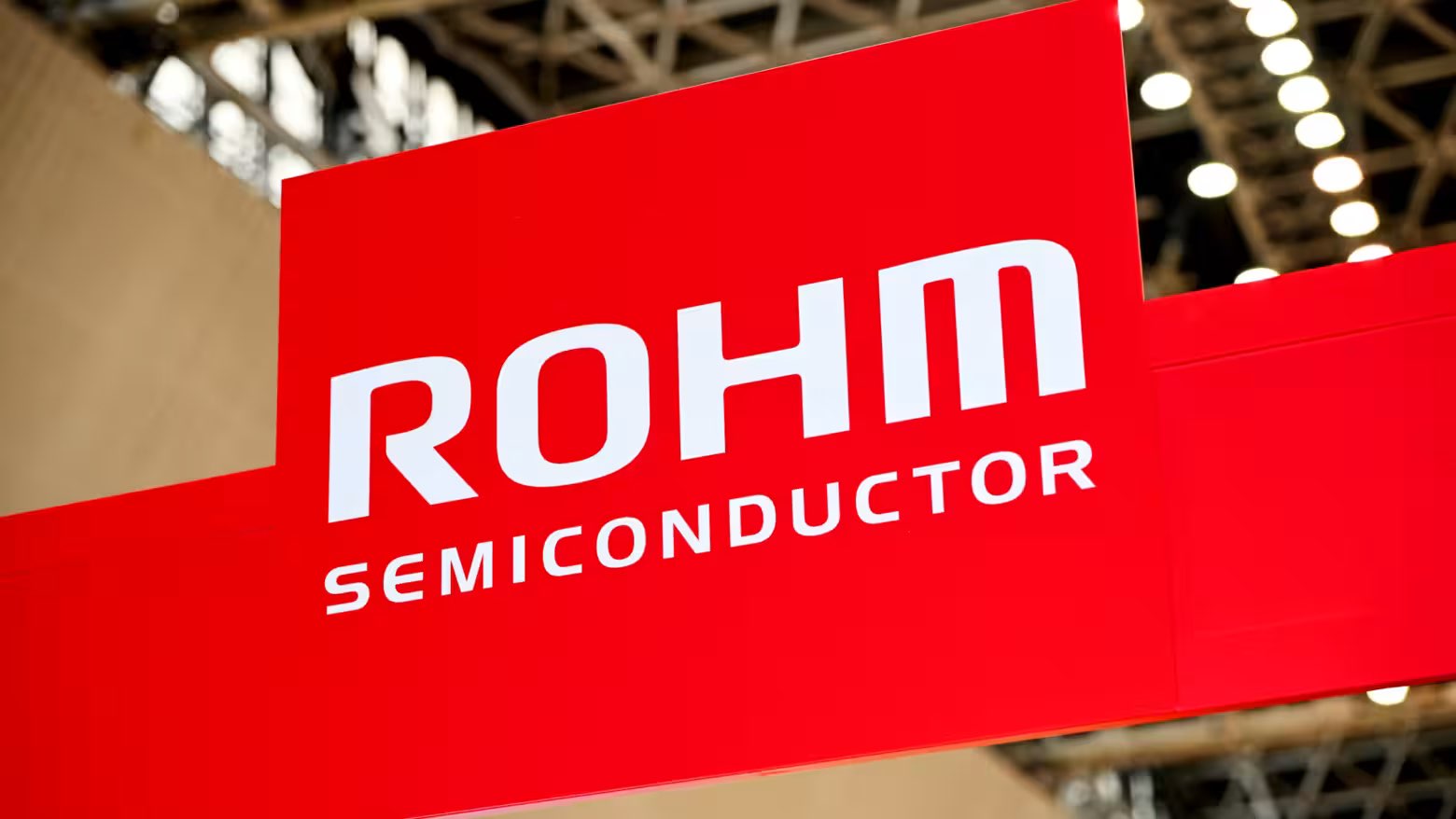Micron issued a statement on the evening of 5th that it had received a temporary injunction issued by the Fuzhou Intermediate People's Court against the patent infringement case filed by UMC and JHICC. Micron said that the patents of UMC and JHICC are ineffective, and Micron's products do not infringe its patents.
Micron pointed out that the temporary injunction requires Micron's Chinese subsidiary to stop selling or importing Crucial branded DRAM modules and SSD products. The affected products account for more than 1% of Micron's annual revenue. If the ban is implemented, The business impact is small.
Joel Poppen, senior vice president and general counsel of Micron, said that he was disappointed with the decision of Fuzhou Intermediate People's Court and firmly believed that the patents of UMC and JHICC were invalid, and that Micron's products did not infringe patents, and the court did not give Micron a chance to defend. The interim decision was issued directly and the outcome of the judgment was not subject to due process of law. Micron said that it will follow the results of the court decision and also asked the Fuzhou Intermediate People's Court to reconsider whether to maintain the original judgment.
According to the process, if Micron is dissatisfied with the result of the ruling, it can file a reconsideration with the Fuzhou Intermediate People's Court within 10 days of receiving the ruling. The execution of the ruling will not be stopped during the reconsideration. This means that at least at this stage, Micron will not be able to sell related infringing products in China.
Joel Poppen said that Micron has been in China for many years, including an important assembly and test production facility in Xi'an, and has a deep relationship with many Chinese customers. Micron will continue to actively defend these unfounded allegations of patent infringement while continuing to work closely with customers and partners.












All Comments (0)